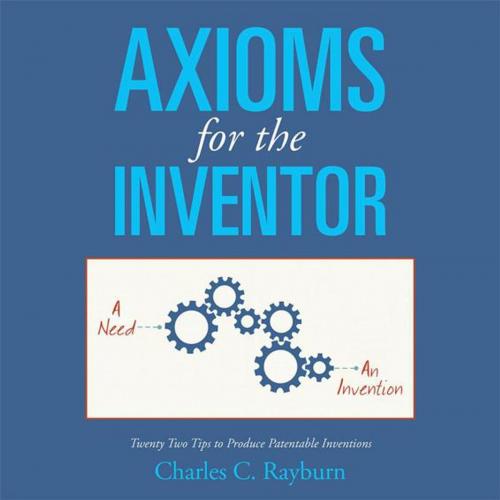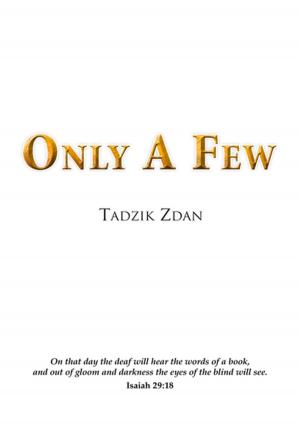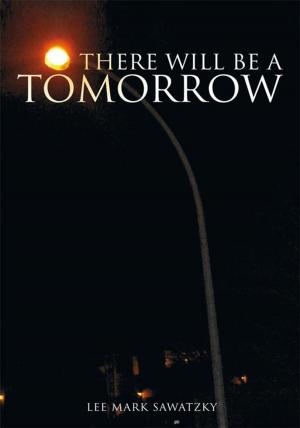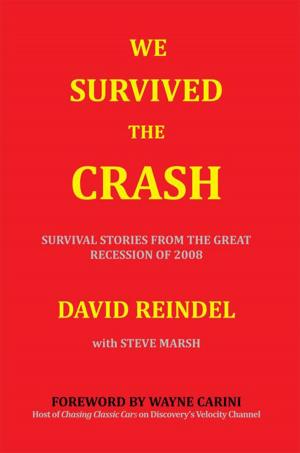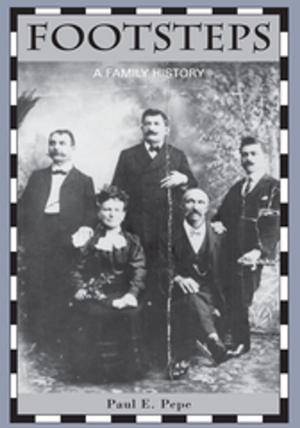Axioms for the Inventor
Twenty Two Tips to Produce Patentable Inventions
Nonfiction, Science & Nature, Technology, Engineering, Industrial| Author: | Charles C. Rayburn | ISBN: | 9781499055276 |
| Publisher: | Xlibris US | Publication: | August 4, 2014 |
| Imprint: | Xlibris US | Language: | English |
| Author: | Charles C. Rayburn |
| ISBN: | 9781499055276 |
| Publisher: | Xlibris US |
| Publication: | August 4, 2014 |
| Imprint: | Xlibris US |
| Language: | English |
What is an invention? Are all inventions patented? Is an inventor someone who has patents issued? How are potential inventors identified? Industrial managers are constantly wondering how their company can build a better product and upstage their competition. They seek inventions. They wonder if there are fledgling inventors in their midst just waiting to receive that flash, that lightning bolt which will forever alter the future of mankind. During the past thirty-five years, Ive worked as an industrial manager and inventor averaging just over two US patents per year. My failures outnumber my successes. Fortunately, my successes have far more than subsidized my failures. My bosses have been tops, always supportive, willing to carry me through the lean times, hoping that I will hit a home run. The purpose of this writing is to assure the reader that we are all inventors. There are no proven scales for measuring the potential for invention. Is there a test for babies to indicate who will accumulate wealth over their lifetime? Probably not. The same is true for inventing. Wealth accumulation and successful inventing are each directed by interest, effort, and opportunity. My interests and efforts were about average, but my opportunities were abundant. For easy reading, I have condensed various points, printing them in bold type and underlining. Some commentary accompanies each to explain the inclusion of the bold statement. Finally, let me assure you that inventing is a game. It is show biz, technology, law, marketing, manufacturing, internationalism, and science rolled into one. If one has a streak of luck, it can be financially rewarding and personally satisfying.
What is an invention? Are all inventions patented? Is an inventor someone who has patents issued? How are potential inventors identified? Industrial managers are constantly wondering how their company can build a better product and upstage their competition. They seek inventions. They wonder if there are fledgling inventors in their midst just waiting to receive that flash, that lightning bolt which will forever alter the future of mankind. During the past thirty-five years, Ive worked as an industrial manager and inventor averaging just over two US patents per year. My failures outnumber my successes. Fortunately, my successes have far more than subsidized my failures. My bosses have been tops, always supportive, willing to carry me through the lean times, hoping that I will hit a home run. The purpose of this writing is to assure the reader that we are all inventors. There are no proven scales for measuring the potential for invention. Is there a test for babies to indicate who will accumulate wealth over their lifetime? Probably not. The same is true for inventing. Wealth accumulation and successful inventing are each directed by interest, effort, and opportunity. My interests and efforts were about average, but my opportunities were abundant. For easy reading, I have condensed various points, printing them in bold type and underlining. Some commentary accompanies each to explain the inclusion of the bold statement. Finally, let me assure you that inventing is a game. It is show biz, technology, law, marketing, manufacturing, internationalism, and science rolled into one. If one has a streak of luck, it can be financially rewarding and personally satisfying.
